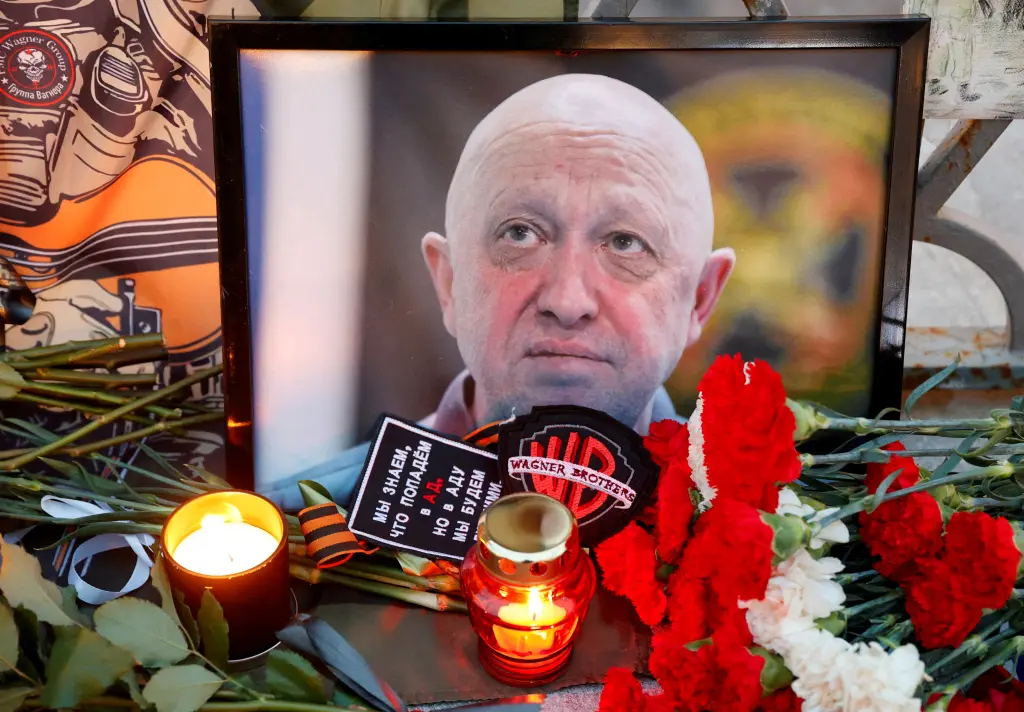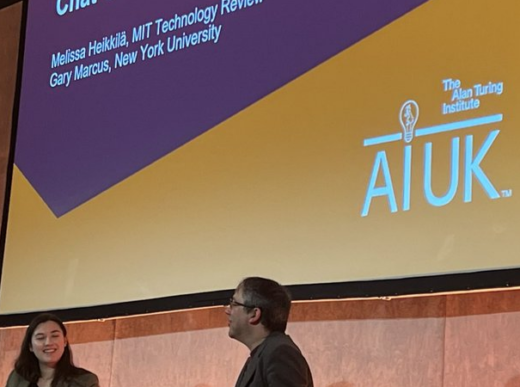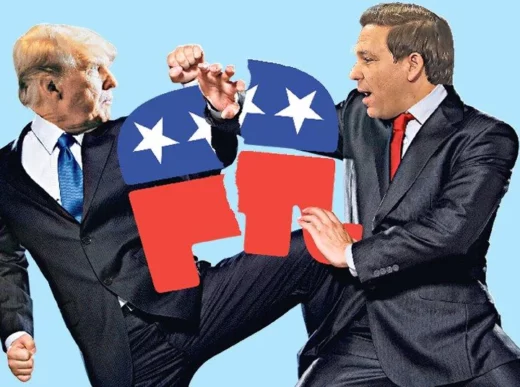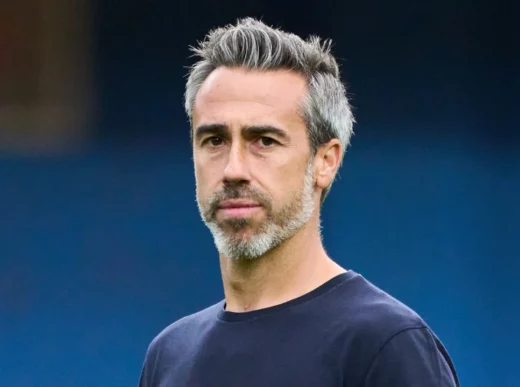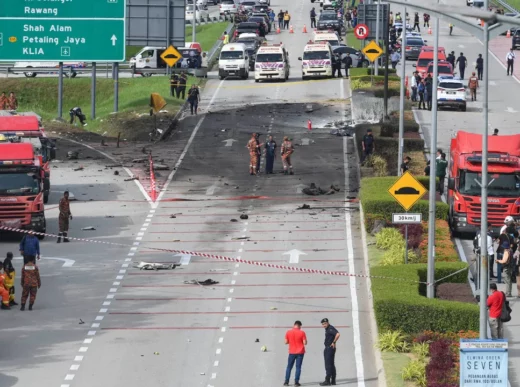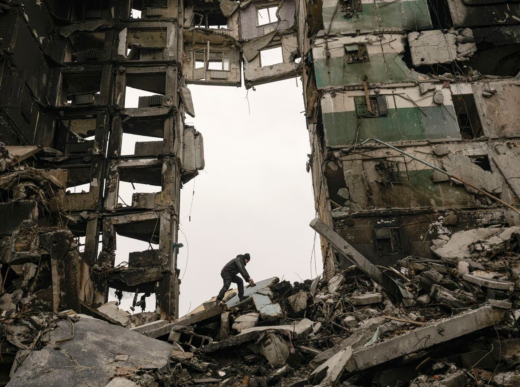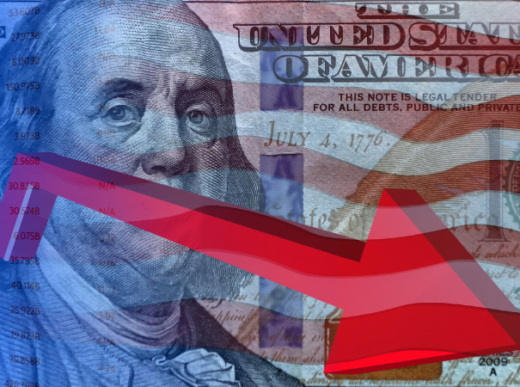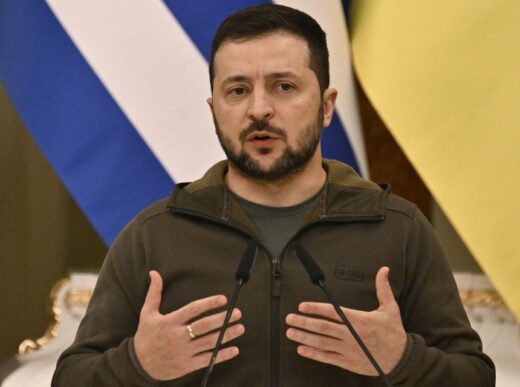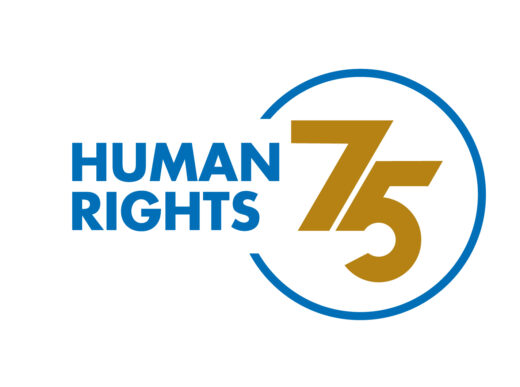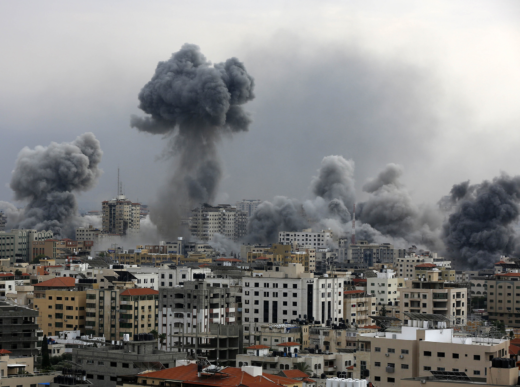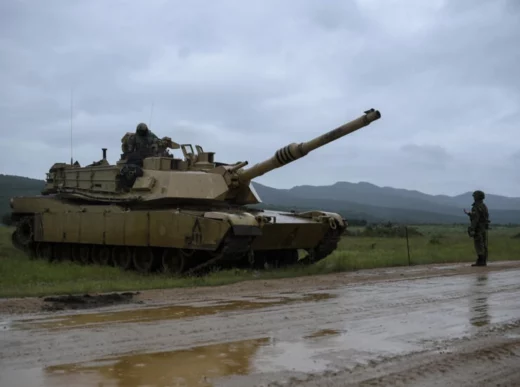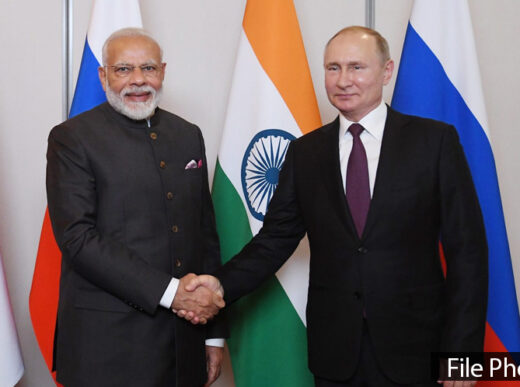The mysterious crash of a private jet carrying Yevgeny Prigozhin, the enigmatic figure behind the Wagner mercenary group, has taken a chilling turn. Russian investigators are now scrutinizing the possibility that the fatal incident was not a tragic accident, but a calculated act. This speculation was underscored by the Kremlin itself, marking the first instance where President Vladimir Putin’s regime openly acknowledged the potential for Prigozhin’s assassination.
Kremlin spokesperson Dmitry Peskov, in his daily conference call with reporters, shed light on the evolving situation. He emphasized that multiple hypotheses are under consideration by the Russian Investigative Committee, ranging from accidental to intentionally malevolent explanations. He specifically mentioned the notion of “a deliberate wrongdoing,” indicating the gravity of the situation.
However, he cautioned against rushing to conclusions and urged patience until the official investigation concludes. Moreover, he firmly dismissed the possibility of international involvement in the probe, asserting that it’s an internal matter to be resolved by Russian authorities.
A Fiery Crash: The Unraveling of Prigozhin’s Private Jet
The tragedy struck on August 23 when a Brazilian-made Embraer jet, carrying Prigozhin, his second-in-command Dmitry Utkin, and eight others, crashed in flames near a village in the Tver region. All 10 individuals on board perished in the disaster, leaving a trail of questions in its wake.
In an intriguing twist, Russia has informed Brazil’s aviation authority that they won’t be pursuing an international investigation into the crash “at the moment.” This stance aligns with Peskov’s assertion that the matter is being addressed through internal channels.
Probe and Possibilities: Investigating the Crash
Russia’s principal investigative body revealed that a criminal case was opened to address potential flight safety violations. Such cases are routine in Russia when foul play isn’t immediately suspected. However, the revelations surrounding Prigozhin’s involvement have added layers of complexity to this inquiry.
Nearby villagers recounted hearing a loud noise before witnessing the plane’s abrupt descent, adding to the puzzle that investigators are piecing together. In a surprising turn, preliminary findings from a US intelligence assessment have suggested that an intentional explosion aboard the aircraft might have led to the catastrophe.
Timing and Tensions: The Context of the Crash
The plane crash occurred precisely two months after Prigozhin’s audacious attempt to overthrow Russia’s top military leadership—a short-lived mutiny that triggered public condemnation from Putin, who branded him a “traitor.” This uprising, though brief, cast a spotlight on Prigozhin’s turbulent relationship with the Russian establishment.
Post the crash, Putin extended his condolences to the bereaved families and offered laudatory remarks about Prigozhin. The 62-year-old was hailed as a “talented businessman,” though Putin did acknowledge his tumultuous life journey and the mistakes that marred it.
Interestingly, Putin chose not to attend Prigozhin’s private funeral, which took place at a St. Petersburg cemetery. This intriguing choice raises questions about the complexity of their association.
Conspiracy Theories and Global Reactions: Analyzing Motives
Amid the speculations surrounding Prigozhin’s crash, some Western politicians and commentators have hypothesized that Putin orchestrated his assassination as retaliation for the mutiny. The Kremlin, however, vehemently refutes these claims as an “absolute lie.” This rejection underscores the intricate narrative of power plays and rivalries within the Russian political landscape.
On the global front, President Biden has expressed a distinct lack of surprise regarding Prigozhin’s demise, insinuating Putin’s influence in such matters. This sentiment highlights the widespread perception of Putin’s far-reaching influence within Russia.
A Pivotal Decree: Pledging Allegiance to the State
In the aftermath of the crash, Putin issued a significant decree, demanding Wagner fighters pledge allegiance to the Russian state. This directive not only underscores the intricate dynamics within the Wagner group but also Putin’s efforts to consolidate loyalty and reassert state authority.
The unfolding drama surrounding Prigozhin’s plane crash continues to captivate international attention. With each revelation, the complex interplay of power, rivalries, and ulterior motives within Russia’s political arena is illuminated. As investigators sift through the wreckage, the world watches, eager for insights into the enigma that was Yevgeny Prigozhin.
